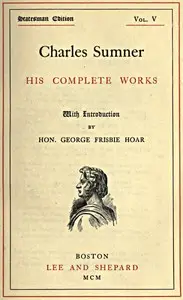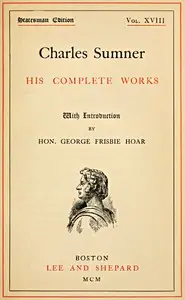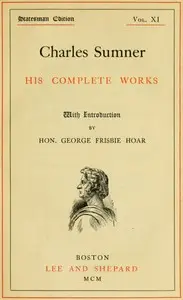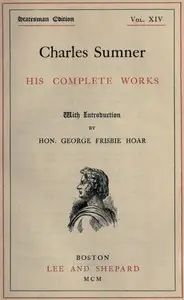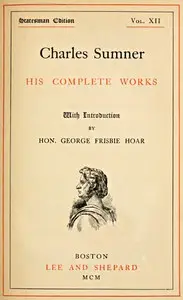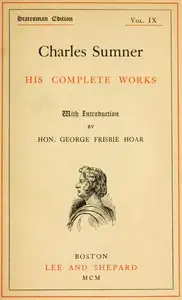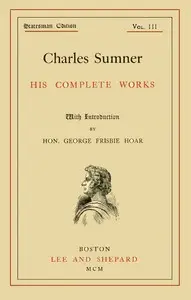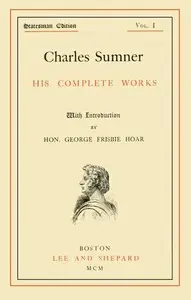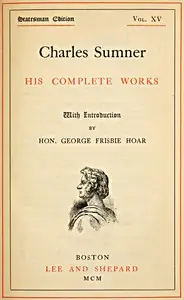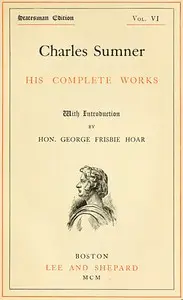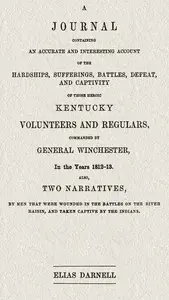"Charles Sumner: His Complete Works, Volume 13" by Charles Sumner is a historical work from the late 1800s that brings together Sumner's speeches and proposed laws during a pivotal era in American history. The book focuses on Reconstruction and the fight for civil rights for those who were once enslaved. It showcases key political struggles of the time, like the right to vote for black citizens, the re-establishment of republican governments, and what the end of slavery really meant for the Constitution. Beginning with Congress on December 4, 1865, the book dives into legislative actions and political arguments. Sumner pushed for laws to ensure equal rights, protect the right to a jury trial for black people, and strengthen the constitutional amendments that outlawed slavery. The book also suggests the difficult political climate of the time, noting President Johnson's opposition and the dangerous situation Sumner and African Americans faced as they worked toward justice and equality.
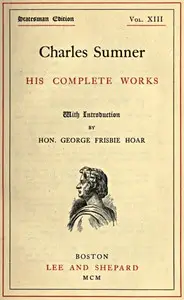
Charles Sumner: his complete works, volume 13 (of 20)
By Charles Sumner
In a nation grappling with the aftermath of slavery, one man's powerful speeches and bold proposals ignite a battle for equality, facing fierce resistance at every turn.
Summary
About the AuthorCharles Sumner was an American lawyer, politician, and statesman who represented Massachusetts in the United States Senate from 1851 until his death in 1874. Before and during the American Civil War, he was a leading American advocate for the abolition of slavery. He chaired the Senate Foreign Relations Committee from 1861 to 1871, until he lost the position following a dispute with President Ulysses S. Grant over the attempted annexation of Santo Domingo. After breaking with Grant, he joined the Liberal Republican Party, spending his final two years in the Senate alienated from his party. Sumner had a controversial and divisive legacy for many years after his death, but in recent decades, his historical reputation has improved in recognition of his early support for racial equality.
Charles Sumner was an American lawyer, politician, and statesman who represented Massachusetts in the United States Senate from 1851 until his death in 1874. Before and during the American Civil War, he was a leading American advocate for the abolition of slavery. He chaired the Senate Foreign Relations Committee from 1861 to 1871, until he lost the position following a dispute with President Ulysses S. Grant over the attempted annexation of Santo Domingo. After breaking with Grant, he joined the Liberal Republican Party, spending his final two years in the Senate alienated from his party. Sumner had a controversial and divisive legacy for many years after his death, but in recent decades, his historical reputation has improved in recognition of his early support for racial equality.

